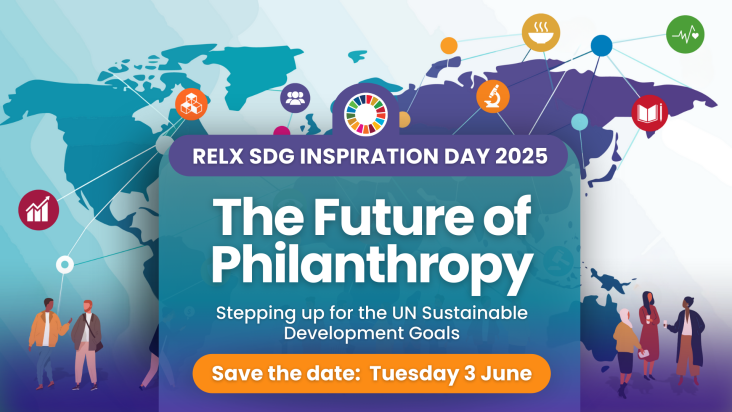The Mata Atlântica has lost over 85% of its cover, threatening climate and livelihoods. Our study reveals that reforestation with long-lived wood products can triple profits while enhancing carbon sinks, urging policymakers, landowners, and industries to collaborate for sustainable restoration.
The ecological intensification index (EII) is a new tool that helps balance agricultural productivity with environmental sustainability by quantifying both crop yields and ecological services like soil carbon storage. It guides farmers and policymakers in adopting practices that maximize food production while minimizing ecological damage, supporting sustainable agriculture in a changing climate.
Climate change threatens global food security by reducing crop yields and increasing environmental stresses, requiring urgent innovation in crop resilience through advanced breeding, genetic engineering, and sustainable practices. To succeed, global collaboration, streamlined regulations, public engagement, and integrating field and lab research are essential for developing adaptable, climate-resilient crops that ensure a sustainable food future.

RELX SDG Inspiration Day 2025
The Future of Philanthropy: Stepping up for the United Nations Sustainable Development Goals

Corporate Responsibility (CR) starts with the positive impact RELX has on society through our products and services.
Nexus
Volume 2, Issue 1
100054
Prioritizing green and water-conscious production, making the energy transition more sustainable via water-conscious and green production of hydrogen and methanol.
DeepPack3D: a new open-source Python package that harnesses the power of deep reinforcement learning and innovative heuristics to tackle the complexities of 3D bin packing. With features like customizable lookahead values and real-time visualization, it's designed to empower researchers and developers to push the boundaries of what's possible in supply chain management.
The authors focus on evaluating green manufacturing strategies in the wire and cable industry using a modified Z-DEMATEL approach. It discusses the key criteria, their interrelationships, and the implications for decision-makers in promoting sustainable practices within the industry.
This mixed transdisciplinary study developed a WEF nexus-based framework to guide strategic policy decisions to catalyze progress toward achieving sustainable development goals.

